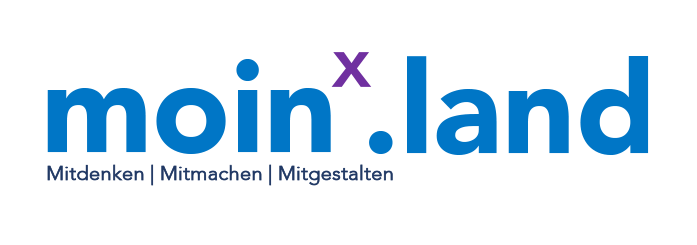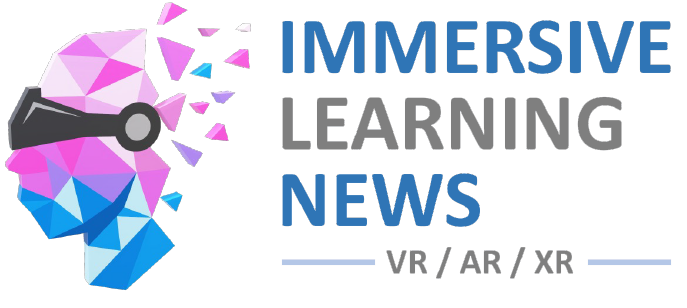A chief learning officer (CLO), also known as a talent development executive, vice president of training and development or chief talent development officer, is a senior executive responsible for driving the organization’s learning and development (L&D) strategy. The CLO ensures that learning initiatives enhance employee performance, leadership capabilities and overall organizational growth.
This executive oversees the design, implementation and evaluation of learning programs that align with business goals, foster a culture of continuous learning and prepare the workforce for future challenges. Typically reporting to the CEO or another senior executive, the CLO collaborates across departments to ensure learning efforts support organizational priorities and drive measurable results.
Key Responsibilities of a CLO
- Develop and Execute L&D Strategy: Align learning initiatives with the organization’s mission, vision and business goals to drive growth and workforce development.
- Champion Continuous Learning: Ensure programs are adaptive, business relevant and future focused.
- Measure and Improve Training Impact: Use data and analytics to assess training effectiveness, refine programs and demonstrate measurable business outcomes.
- Integrate Learning Across the Organization: Partner with senior leadership, HR and department heads to embed learning into all aspects of the business.
- Drive Innovation and Technology: Leverage artificial intelligence (AI), immersive learning and cutting-edge digital platforms to enhance learning impact and efficiency.
- Ensure Agility and Adaptability: Build a learning ecosystem that evolves with business needs, industry trends and workforce demands.
- Focus on Skills Development: Support talent development across all levels, from early-career professionals to senior executives.
- Foster a High-Performance Learning Culture: Mentor and lead L&D teams, promoting collaboration, innovation and operational excellence.
Career Paths to Becoming a CLO
There is no single path to becoming a chief learning officer, but most CLOs advance from roles in learning and development, talent management, or organizational development. Common career trajectories include:
- L&D Leadership: Many CLOs begin as corporate trainers, instructional designers or learning managers, gradually advancing to director- or executive-level roles in training and development.
- HR and Talent Management: Professionals with experience in HR leadership, talent management or organizational effectiveness often transition into the CLO role.
- Business and Strategy Roles: Some CLOs come from business strategy, consulting or operations roles, bringing expertise in aligning learning initiatives with corporate goals.
- Academia and Research: A smaller percentage of CLOs come from higher education, research or thought leadership in adult learning and workforce development.
Essential Skills and Capabilities of a CLO
- Strategic Thinking: Ability to align L&D initiatives with business goals and demonstrate their impact.
- Adult Learning Expertise: Strong knowledge of instructional design, learning technologies and modern learning methodologies.
- Leadership and Influence: Exceptional ability to lead teams, engage stakeholders and drive organizational change.
- Data-Driven Decision-Making: Competence in measuring learning effectiveness and leveraging analytics to refine strategies.
- Change Management: Skill in fostering a learning culture and navigating transformation efforts.
- Technical Fluency: Familiarity with learning management systems (LMS) platforms, AI-driven learning tools and digital learning ecosystems.
- Education and Experience: A bachelor’s degree in organizational development, HR, business, or education with 10+ years of experience in L&D, including 5+ years in a senior leadership role. A master’s degree can enhance career prospects.
Career Outlook for CLOs
The demand for CLOs is growing as organizations recognize the strategic value of employee development in driving business success. Several trends are shaping the role’s future, including:
- Increased Investment in Workforce Development: Companies are prioritizing employee reskilling and upskilling due to rapid technological advancements and evolving business needs.
- Rise of Digital Learning: The expansion of AI-driven learning platforms, virtual training and personalized learning experiences is reshaping corporate L&D.
- Strategic Business Alignment: CLOs are increasingly seen as key business leaders responsible for talent strategy, leadership development and cultural transformation.
- Expanding Opportunities Across Industries: While traditionally found in large corporations, the role of CLO is expanding into mid-sized companies, nonprofits and government agencies.


